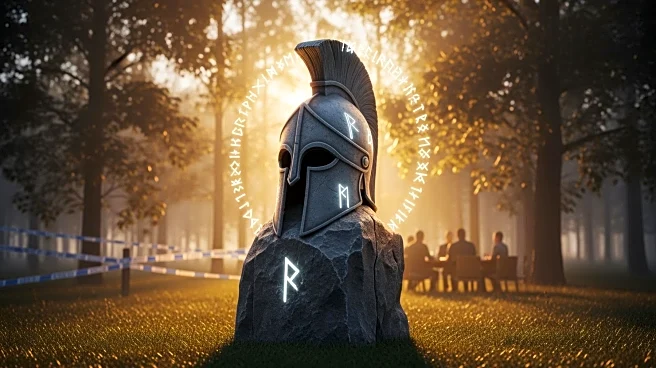Rapid Read • 8 min read
Denzel Washington, while promoting his latest project 'Highest 2 Lowest' with Spike Lee, expressed his disregard for cancel culture during an interview with Complex News. When asked by host Jillian Hardeman-Webb about his views on being 'canceled,' Washington questioned the significance of public support, stating, 'Who cares? What made public support so important to begin with?' He emphasized that followers are not a priority for him, asserting, 'You can't lead and follow at the same time, and you can't follow and lead at the same time.' Washington further elaborated that he only follows his faith and believes one cannot be canceled if they haven't signed up for it. Additionally, Washington shared his indifference towards the Academy Awards, despite being a two-time Oscar winner, stating that he does not pursue acting for accolades.
AD
Washington's comments highlight a growing discourse around cancel culture, which has become a significant aspect of public life, particularly affecting celebrities and public figures. His stance challenges the notion that public support and social media followers are essential for success, suggesting a shift towards personal values and integrity over popularity. This perspective may resonate with individuals and industries grappling with the pressures of maintaining public favor in the digital age. Washington's dismissal of the importance of awards like the Oscars also reflects a broader conversation about the value and impact of such recognitions in the entertainment industry.
Washington's remarks may spark further debate among celebrities and public figures about the influence of cancel culture and the importance of public support. It could lead to more individuals in the entertainment industry reevaluating their relationship with social media and public perception. Additionally, Washington's views on awards may encourage actors and filmmakers to focus more on the artistic and personal fulfillment aspects of their work rather than external validation.
Washington's comments may also prompt discussions on the ethical implications of cancel culture, including its impact on freedom of expression and the potential for unjust public backlash. The conversation could extend to exploring how cancel culture affects mental health and the dynamics of power and accountability in society.
AD
More Stories You Might Enjoy











